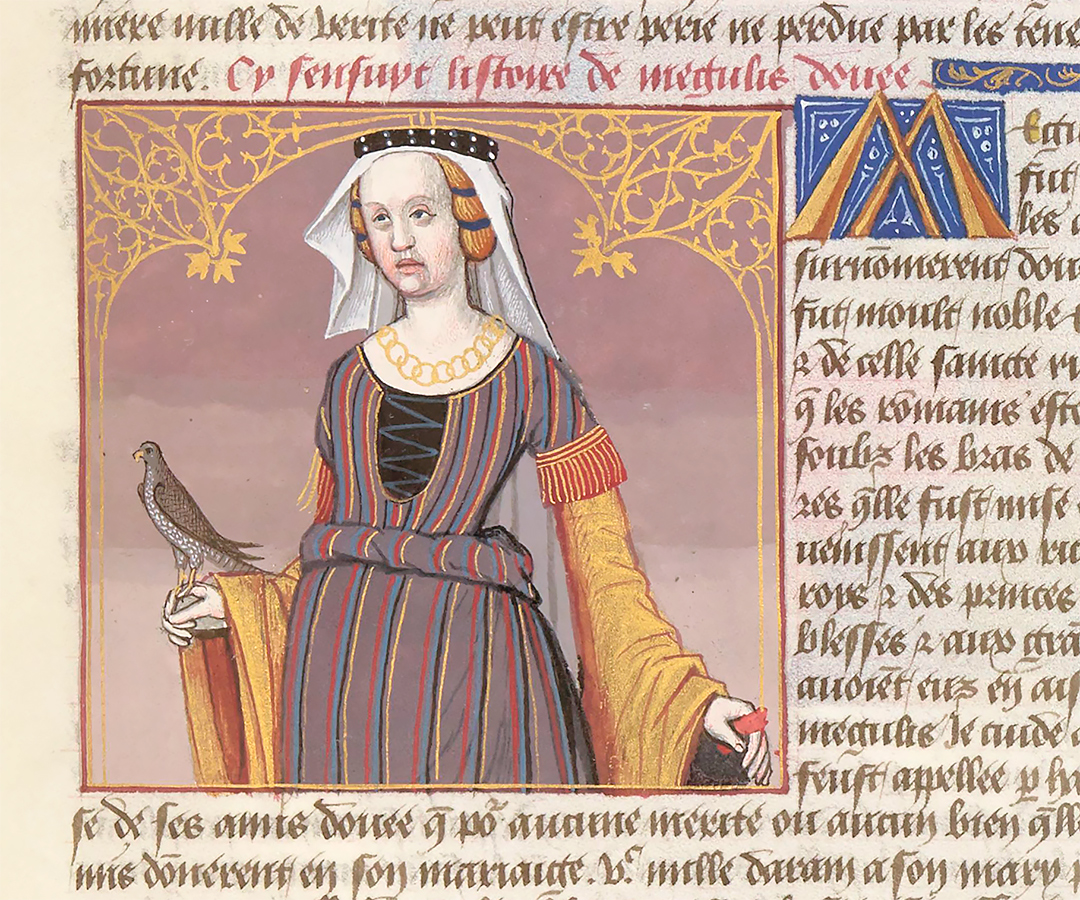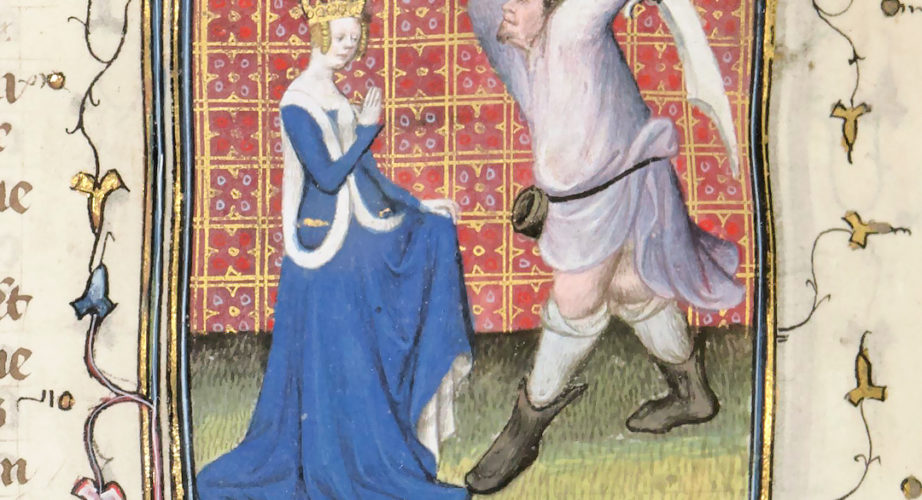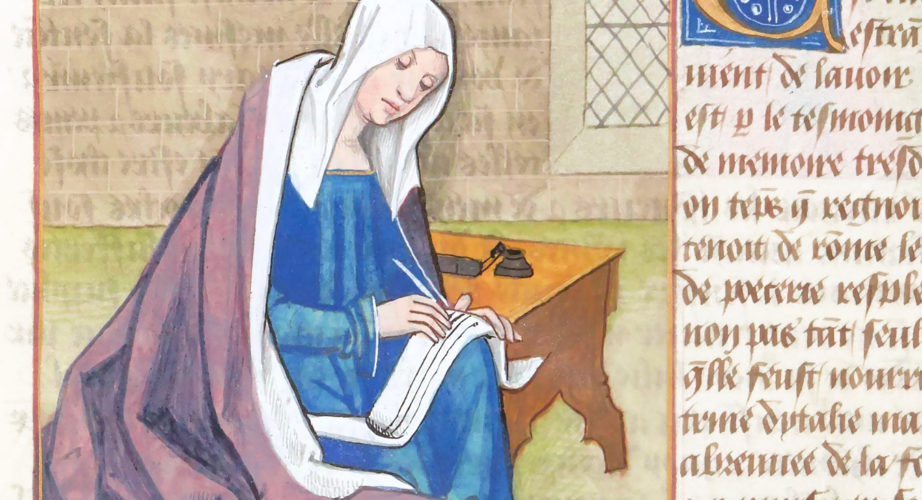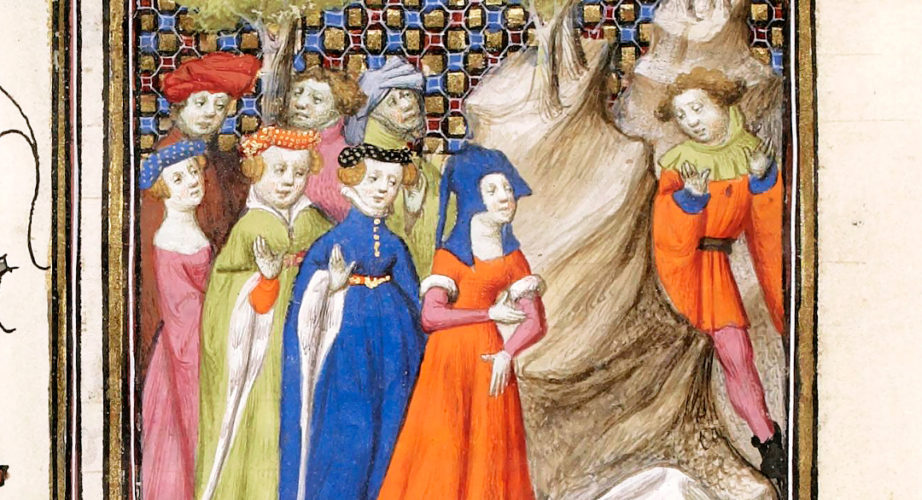Megullia Dotata

Like every Wednesday, this day is dedicated to Boccaccio’s De Mulieribus Claris. Today’s Mulier Clara is Megullia Dotata, a Roman lady whose name became a title for the woman that came with a substantial dowry.
In Roman times, much like in some parts of the world today, a dowry was the amount of money or property given to a husband by the parents of the bride-to-be. Gnaeus Scipio, Roman general and Megullia’s father, wished for his unmarried daughter to finally find someone. In order for his wish to come true, he first needed to build up a dowry: since he would have not been able to do so while fighting the Carthaginians in Spain, he asked the Roman Senate to find another General to take his place in the war. The Senate, not willing to lose such a great leader, came forward and offered to pay for the dowry instead. With a final worth of 40-50,000 bronze coins, Megullia’s dowry became the largest of the time - thus gaining her the appellative “Dotata” (meaning "richly dowered"). From that moment on, any woman with a generous dowry would take the name “Megullia Dotata”.
Boccaccio takes quite a critical stand on this story. Firstly, he disapproves of how Megullia’s fame can only be traced back to the value of her dowry and not any of her virtues or deeds. Moreover, the author points out how mankind’s relationship with money and property has changed compared to Megullia’s time: in 14th-century Florence, not even a peasant would have accepted such a laughable dowry. Elaborating on this, finally, Boccaccio states that modern richness has not actually helped in enlarging the minds of men - quite the contrary, it has only fed more vices and earthly desires.
“Megullia Dotata”, illumination from the manuscript “De Mulieribus Claris”, decorated by Robinet Testard, ms. Français 599, f. 48r, 1488-1496, Bibliothèque nationale de France, Département des Manuscrits, Paris.
Historically and mythologically speaking, being in a powerful position (and perhaps also a…
The time has finally come for the very first Women’s Wednesday of 2021!…
Welcome back to another Women’s Wednesday! Our weekly Mulier Clara, much like Sappho…


